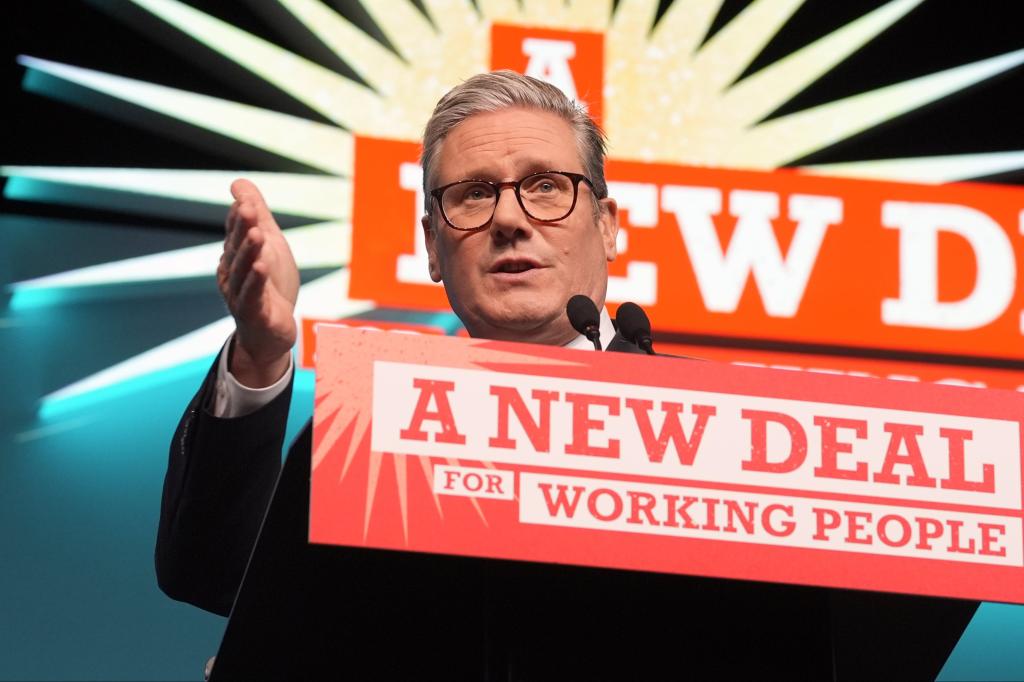Pensioners United Against Winter Fuel Payment Cuts
Pensioners face a harsh winter ahead as fuel payment cuts threaten their well-being. Discover why these changes are sparking outrage nationwide.

Key Points
- Nearly 9 million pensioners will lose winter fuel payments due to cuts, leaving many vulnerable during the colder months.
- Community leaders and affected individuals express outrage, highlighting the human impact of the government’s fiscal decisions.
- Advocates propose alternative solutions to support seniors, emphasizing the need for compassion and adequate assistance.
The decision to cut winter fuel payments for millions of pensioners in the UK has sparked significant outrage and concern among the elderly population. As the cold months approach, the implications of these cuts not only affect the immediate comfort of our seniors but also raise critical questions about their well-being and financial security. With nearly 9 million pensioners set to lose out on essential fuel payments, it’s imperative to understand the impact of these changes and what they mean for those who have contributed to society throughout their lives.
The Impact of Cuts
Recent parliamentary decisions have resulted in the limitation of winter fuel payments solely to those receiving specific benefits such as pension credit. This change will see the number of beneficiaries drop from a staggering 11.4 million to approximately 1.5 million pensioners who meet these new, stricter criteria. Individuals like Dawn Matthews, 68, from Hampshire, find themselves in a particularly precarious situation. After narrowly missing out on the winter fuel payment by just £3, she fears she will be forced to endure the cold during the winter.

Moreover, the discussions surrounding these cuts have been met with vehement dissent from politicians and campaigners alike. Labour MP
emphasized the harsh realities that many pensioners face, stating, “They have to put a roof over their heads, they have to pay for their food, and they have to pay for their heating”. Many seniors live on fixed incomes, making it increasingly difficult to absorb such cuts without significant sacrifices.
Voices of Concern
Community leaders from various regions are echoing these sentiments. Pat Hollinshead, who runs a community center in Birmingham, expressed her frustration, stating, “As soon as (Starmer) got into power, he has picked on the pensioners”. Her community center has become a warm hub for the elderly, many of whom depend on the winter fuel allowance to keep their homes heated. The stark reality is that those just above the eligibility threshold are falling victim to these misguided policies.
Understanding the Bigger Picture
The justification for cutting these payments circles back to the government's narrative of addressing a £22 billion financial shortfall allegedly inherited from the previous administration. However, this justification does not account for the human cost involved. The reality is alarming—that thousands of vulnerable pensioners may choose between heating their homes and affording basic necessities like food. For instance, mature citizens like Carol Bennett, 77, are concerned about the emotional toll of such decisions, with one poignant expression stating, “What is there to live for anymore?”
Potential Alternatives and Solutions
While the government insists on these cuts as a necessary evil, there are alternative approaches available. Advocates propose that the government should enhance existing support structures rather than stripping away vital resources. One suggestion is to broaden the warm homes discount to include more pensioners or to introduce a social tariff specifically aimed at the elderly population. This would ensure that even those slightly above the thresholds still receive assistance, allowing them to maintain their quality of life.
Looking Ahead
Ultimately, the impending cuts to winter fuel payments represent more than just a fiscal decision; they embody societal choices about how we prioritize the well-being of our older generations. With the winter months drawing nearer, now is the time for all stakeholders—be it government officials, community leaders, or everyday citizens—to advocate for our pensioners with the respect and dignity they deserve. As the debate unfolds, it is essential to keep the stories of those affected at the forefront and recognize their invaluable contributions to our society.
The sentiment is clear: many pensioners feel unjustly targeted, and as the winter approaches, their concerns echo louder than ever. The government must not only listen but actively consider the implications of its actions. Ensuring the well-being of our elders should be a priority rather than a political burden.


